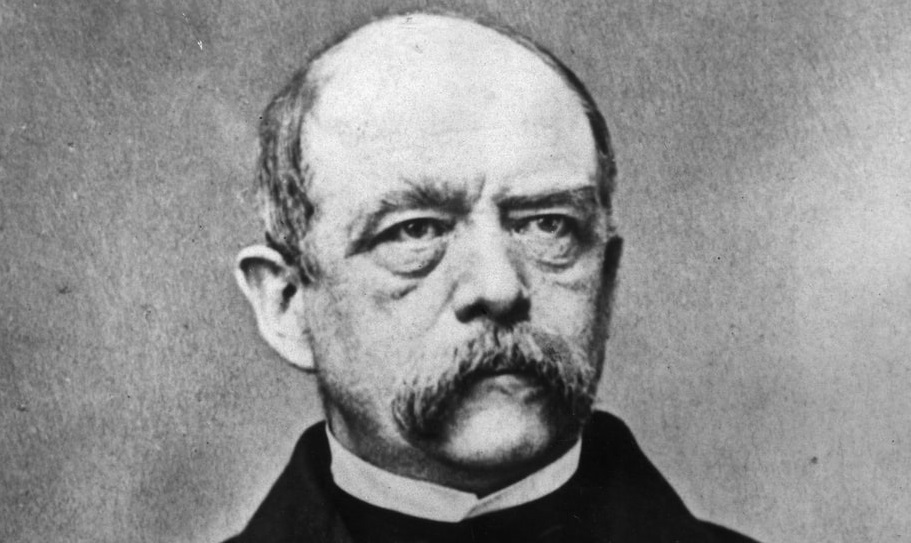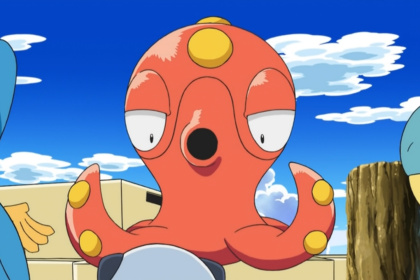Otto Eduard Leopold, Prince of Bismarck, Duke of Lauenberg, was a conservative Prussian statesman who dominated German and European affairs from the 1860s until the 1890s and was the first Chancellor of the German Empire between 1871 and 1890. Take a look below for 30 more interesting and awesome facts about Otto von Bismarck.
1. In 1862, King Wilhelm I appointed Bismarck as Minister President of Prussia, a position he would hold until 1890, with the exception of a short break in 1873.
2. He provoked three short, decisive wars against Denmark, Austria, and France.
3. Following the victory against Austria, he abolished the supranational German Confederation and instead formed the North German Confederation as the first German national state in 1867, leading it as Federal Chancellor.
4. Receiving the support of the independent South German states in the Confederation’s defeat of France, he formed the German Empire in 1871, unifying Germany with himself as Imperial Chancellor while retaining control of Prussia at the same time.
5. His annexation of Alsace-Lorraine gave new fuel to French nationalism and promoted Germanophobia in France, which helped set the stage for the First World War.
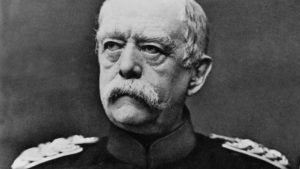
6. Bismarck’s diplomacy of realpolitik and powerful rule at home gained him the nickname the “Iron Chancellor.”
7. German unification and its rapid economic growth was the foundation to his foreign policy.
8. He disliked colonialism but reluctantly built an overseas empire when it was demanded by both elite and mass opinion.
9. A master of complex politics at home, Bismarck created the first welfare state in the modern world, with the goal of gaining working class support that might otherwise go to his Socialist enemies.
10. He came from a Junker family. The Junkers were the Prussian equivalent of the plantation owning class in the American South, except that the Junkers were also aristocrats with titles.
11. After he had orchestrated the victory over Austria in 1866, he threatened his boss, King Wilhelm of the Prussians, with his own suicide if Wilhelm went ahead and stripped Austria of more territory than Bismarck had intended.
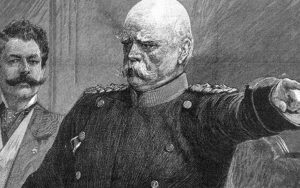
12. Bismarck was a great admirer of Abraham Lincoln and Ulysses S. Grant, and had at one point sent feelers out to the Americans to see if they might be interested in forming an alliance with Germany.
13. Despite being the Iron Chancellor, he once broke down into a fit of tears and sobs when he saw a farmers plow in a field while he was a student at university away from home for the first time.
14. After being coronated as Emperor, Wilhelm I gave Bismarck an entire forest and a manor house as a big thank you.
15. Bismarck forced through a very generous social security plan to spite the Social Democrats in the Reichstag and steal away votes from them.
16. He was an exceptional editor. He skillfully edited and rewrote diplomatic cables and telegrams between Wilhelm of Prussia and Napoleon III of France so that both leaders would be insulted by the other and declare war, which became known as the Franco-Prussian war, but was really Bismarck’s own personally orchestrated war.
17. Bismarck knew when and how to throw an effective temper tantrum to get what he wanted.
18. Although Bismarck liked to wear a General’s uniform in public, he never achieved more than the rank of private in a short, unwilling stint in a reserve unit.
19. There is a large stone figure of Bismarck that stands in a park int he northern port city of Hamburg with him holding a giant sword of stone and decked out in a knights suit of armor.
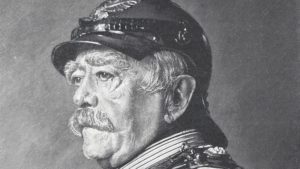
20. There is a distillery named after him that distills a potent brand of German Schnapps.
21. With 22 years of active service, Bismarck still holds the all time record of longest time served in office for a German Chancellor.
22. Despite all he did for Germany, there isn’t a single town or village named after him in all of Germany.
23. Bismarck banned the Jesuits from Germany.
24. Bismarck predicted how and where the next European War, which then became World War I would start, namely because of, “some silly business in the Balkans.”
25. Bismarck was born on April Fool’s day in 1815, the same year that Napoleon I was defeated at Waterloo in Belgium by the British and Prussian troops.
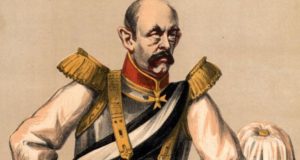
26. When asked what the most important political fact of his day was, Bismarck answered, “it is the inherited and permanent fact that North America speaks English.”
27. The German Navy named a battleship after him, which was sunk off the coast of France.
28. “Sink the Bismarck” was a popular song in 1960, 19 years after the actual event itself. However, Bismarck, the man, never served in the Navy.
29. Prinz Carl Eduard von Bismarck, Otto’s Great Great Grandson was asked to resign by current Chancellor Angela Merkel for being, “the laziest MP in Germany.”
30. Bismarck studied law at Goettingen and in Berlin.

